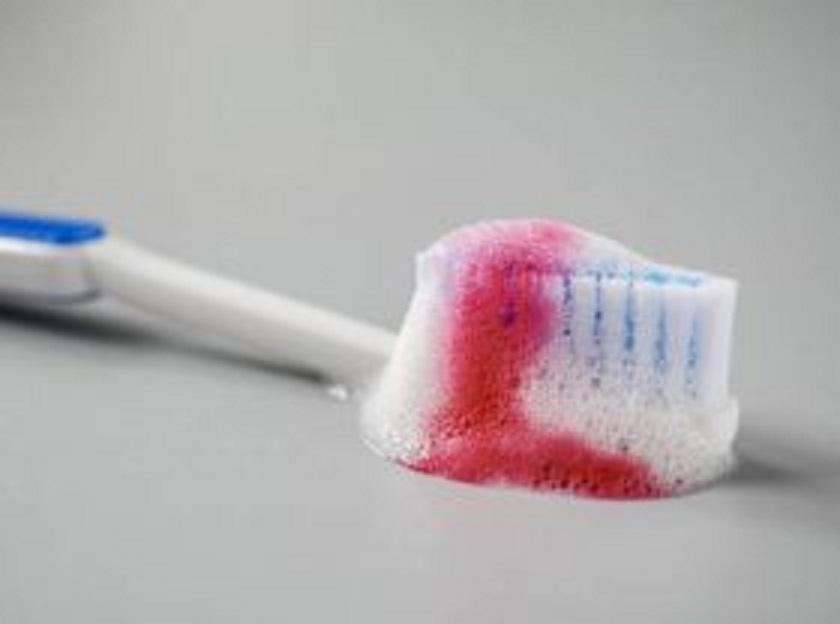
Periodontitis, also known as gum disease, is a big problem in seniors. Gum disease takes years to develop, so older individuals are more likely to experience problems with gum disease than younger people.
What Is Periodontitis/Gum Disease?
Gum disease, is an infection of the gums that starts out as plaque, an opaque film on the teeth that hardens to form tartar. Plaque can be removed by brushing and flossing; however, tartar can only be removed at dental cleanings. As tartar accumulates, it harbors bacteria that attack the soft tissue around the gums. This is the early stage of gum disease known as Gingivitis.
Left untreated, Gingivitis becomes Periodontitis which ultimately destroys the tissue surrounding your teeth AND the bone that holds your teeth in place. Except for bad breath and gums that bleed, there are very few early warning signals. The disease advances silently, often without pain, and before you know it, you are losing your teeth and you don’t know why.
Risk Factors For Gum Disease?
There are several factors that increase your risk of developing gum disease. Although many of these risk factors can be seen at all different ages, they are more common in the senior population.
- Diabetes
- Hormonal changes in women (menopause, pregnancy, etc.)
- Medication that reduces saliva production (see list of medications)
- Age
- Smoking and tobacco use
Symptoms Of Gum Disease
In the early stages gum disease can have little to no symptoms but by the time you progress to full blown periodontitis you will notice some less than appealing symptoms.
Early Stage Symptoms
- Bleeding gums while brushing teeth and flossing
- Red and swollen gums
Later Stage Symptoms
The early stage symptoms plus:
- Bad breath
- Loose teeth
- Sensitive teeth
- Receding gum line
- Pain when chewing
- Pus between teeth and gums
- Change in the way your teeth fit together when you bite
- Change in the way your partial dentures fit
Dangers Of Gum Disease For Seniors
Tooth Loss
Seniors are already at a high risk of losing their teeth, gum disease makes this risk even higher. On average patients over 65 years old have lost about 40% of their teeth, with 18.9 of their original 32 adult teeth left. But it gets worse, 27% of seniors have no remaining teeth.
Seniors who lose their teeth struggle with eating, talking, and often don’t want to show their teeth when smiling. After losing teeth seniors also struggle with high costs and potentially painful procedures to replace their teeth with bridges, implants, or dentures.
Elevated Risk Of Stroke, Heart Disease, and Diabetes
Scientific research has also discovered gum disease can raise your risk for stroke, heart disease, and diabetes; three issues for which seniors already have an elevated risk. If you already have diabetes, gum disease can worsen your condition.
Weakened Immune System
On top of that, when your gums become diseased, your entire immune system is weakened, which can be detrimental to seniors who are already experiencing a weakened immune system because of age.
Reduce Your Chances Of Getting Gum Disease As A Senior
Have Good Dental Hygiene.
Since your age gives you a higher risk of oral issues, it’s best to make sure you have optimal dental hygiene to reduce that risk. Make sure to brush your teeth twice a day for two minutes at a time. But don’t just brush back and forth, focus on getting all angles of your teeth using circular motions. Also remember to floss once a day and use an anti-bacterial mouthwash.
Visit Your Dentist For Teeth Cleanings.
Visit your dentist for teeth cleanings every 6 months and make sure to tell them if you have any risk factors for gum disease. Removing built up plaque and tarter from your mouth regularly can go a long ways in reducing your risk for gum disease.
Don’t Smoke/Quit Smoking.
Smoking raises your risk of developing gum disease. Smokers are twice as likely to develop gum disease compared to a nonsmoker. If you do develop gum disease, treatments for it may not work as well for smokers as they do for nonsmokers. If you can’t quit outright, even cutting back on the amount your smoke can help. Your risk for gum disease becomes greater the more cigarettes you smoke and the longer you smoke. Cigarettes aren’t the only tobacco products that cause issues, tobacco use in any form, cigarettes, pipes, and smokeless chewing tobacco all raise your risk for gum disease.
Other Tips:
- Make sure to get enough Vitamin C
- Use a soft bristled tooth brush
- Don’t grind your teeth
- Reduce stress
- Avoid sugary foods and drinks
- Use an antiseptic rinse
If you are a senior and have gum disease or are worried about developing gum disease, come in for a cleaning and evaluation. Just give us a call or fill out our contact form.

